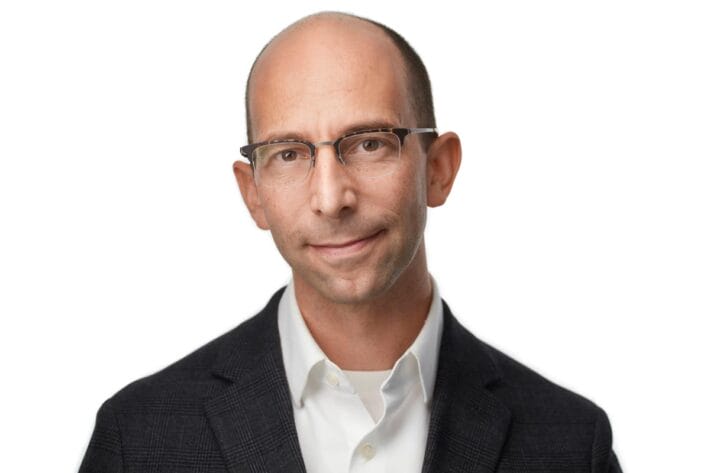
Mohamed Abou Donia is the recipient of a 2021 Vilcek Prize for Creative Promise in Biomedical Science. He receives the award for his research leadership on the impact of the microbiome of humans and other organisms on host health, disease and ecology.
Born in Ismailia, Egypt, Mohamed first came to the United States to pursue a summer research internship. At the time of his internship, Mohamed was completing pharmacy studies in Egypt at Suez Canal University. “Once I returned to Egypt,” he said, “I knew that I wanted to come back again. I was so fascinated by the enormous diversity in the sciences that are researched in the United States… and the available directions that people can take in those explorations.”
Following pharmacy school, Mohamed was accepted into a PhD program in the United States. He recounts experiencing challenges at that time due to increased scrutiny he faced as a Muslim man living in the U.S. in the early years after 9/11. “I was fortunate to be always within diverse scientific communities that really appreciate international scholars and welcome them in a way that does not alienate us,” says Mohamed. “I am Muslim, Arab, Egyptian, and soon to be an American citizen.”

Mohamed’s decision to pursue research in the human microbiome grew out of his studies in pharmacy. He is fascinated by the ways small-molecule drugs interact with receptors in the human body to achieve a desired treatment outcome. “Microbes that live on humans are also capable of producing molecules of that same sort,” he says. “It’s very important to understand what these molecules do to us, and whether we can harness this repertoire of molecules for treating human diseases.”

Now an associate professor and a principal investigator at Princeton University, Mohamed speaks about the parallels between his research and population dynamics at large. “We, as human beings, live among each other. We interact with people from diverse backgrounds. But we also interact with plants, animals, and microbes on a daily basis.” The Donia Lab studies the interactions between humans or other host organisms – including sea slugs, algae and marine sponges – and their microbiomes. “By studying these different types of systems, we will learn really fundamental principles on how microbes can interact with their hosts and how they can affect their health and disease states,” he says.

Microbiome-organism interactions are enriched by diversity. This diversity directly impacts the health and wellness of organisms and their communities. Mohamed is similarly enthusiastic about the way diversity in the sciences and in his laboratory impacts research outcomes: “I really value the ability to incorporate scientists—as well as research—from different backgrounds,” says Mohamed. “This not only helps us to interact better among each other and to learn about each other’s cultures, but it actually directly affects the science.”
Related News
Worlds Inside: Manga Explores the Work of Biochemist Mohamed Abou Donia
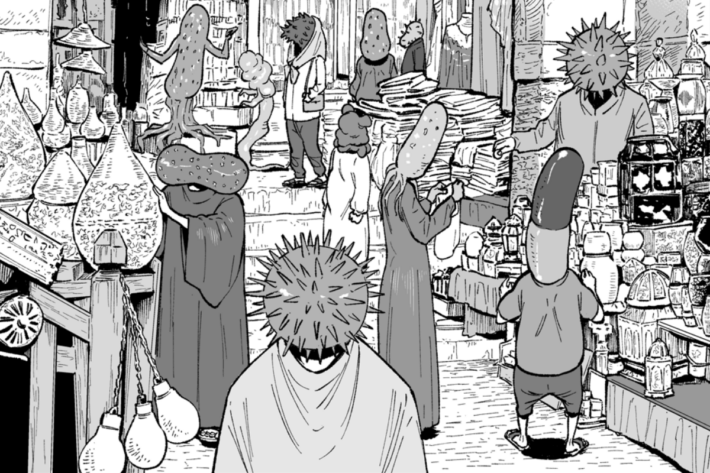
Gerta Hoxhaj: Championing Breakthroughs in Metabolic Disorders
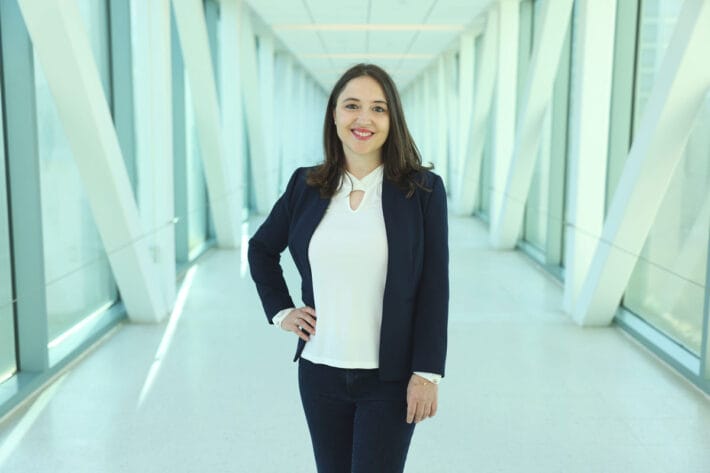
Edward Chouchani seeks to understand the role of metabolism in disease
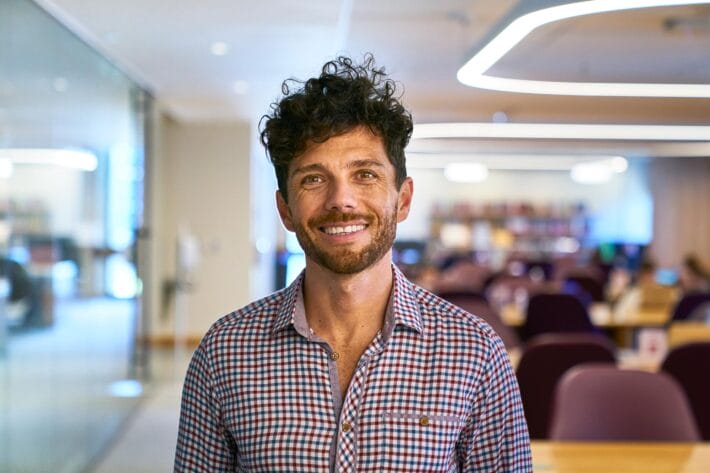
You may also be interested in
Mohamed Abou Donia
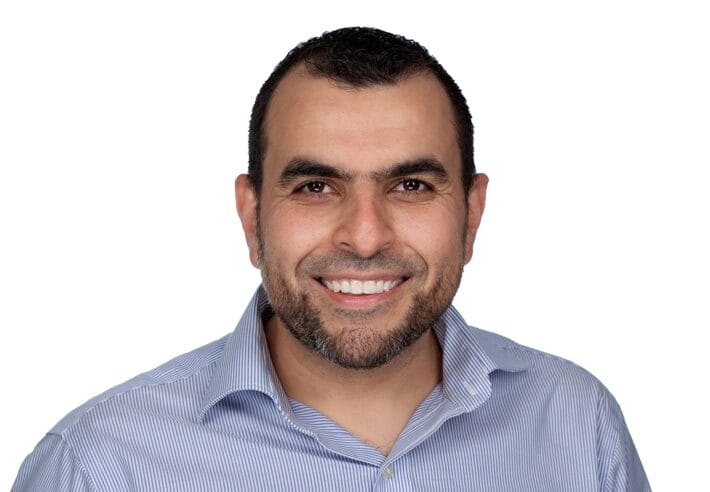
Gerta Hoxhaj
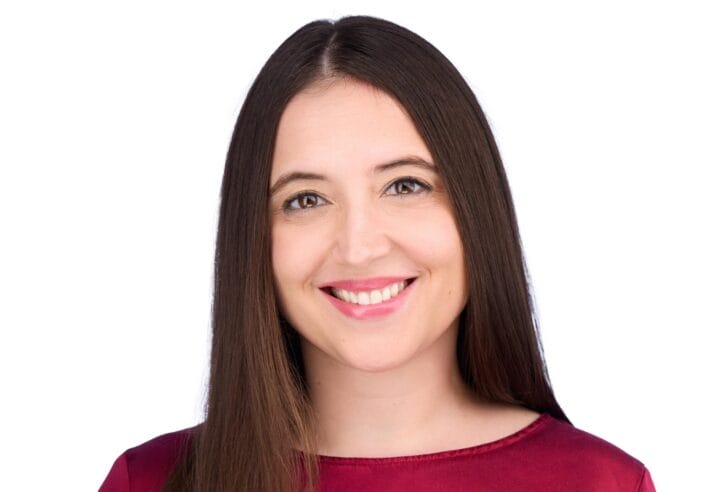
Martin Jonikas
